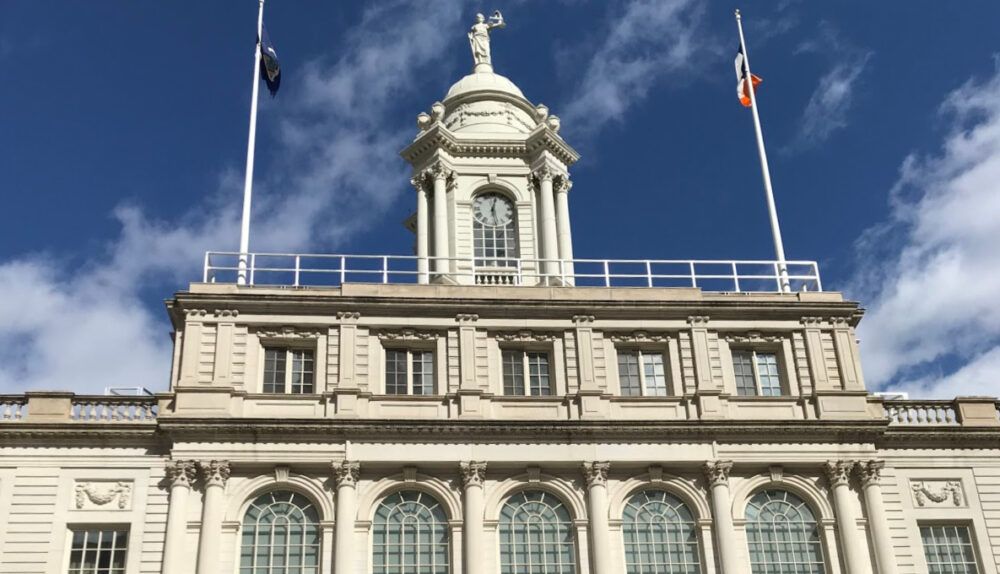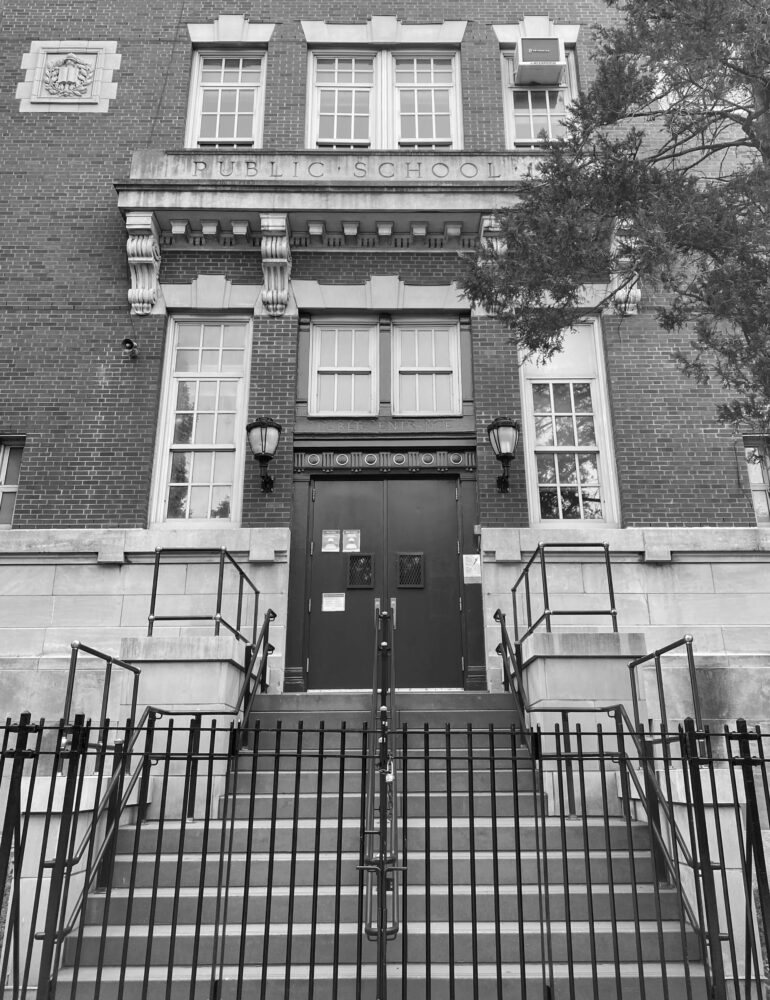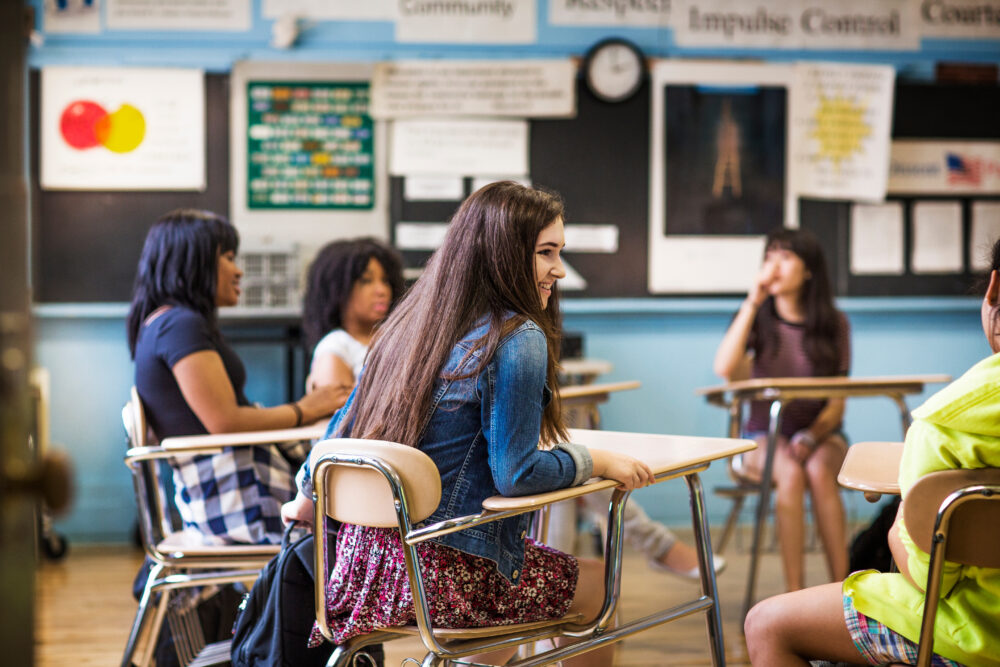AFC и коалиция ARISE дают показания по исполнительному бюджету города Нью-Йорка на 2025 финансовый год
Сегодня AFC и коалиция ARISE (координируемая AFC) дают показания перед комитетом по образованию и комитетом по финансам городского совета Нью-Йорка относительно исполнительного бюджета на 2025 финансовый год и плана капитальных затрат на 2025–2029 финансовый год. Наши показания призывают городские власти поддержать финансирование нескольких важнейших программ, которые все еще находятся на плахе, и инвестировать $1.25B, чтобы сделать больше школ доступными.

We appreciate that the Mayor’s Executive Budget includes around $600 million for critical education programs that were at risk of drastic cuts or elimination due to the expiration of federal COVID-19 stimulus funds. These initiatives benefit hundreds of thousands of students every year, and their loss would have been devastating. Yet, a number of important education programs, included as priorities in the City Council’s response to the preliminary budget, remain on the budget chopping block. We urge the Council to ensure that funding is restored for restorative justice practices; the Mental Health Continuum; immigrant family communications and outreach; community schools; and Student Success Centers. While the funding for these programs is set to expire in June, the needs are not going away.
With respect to early childhood education, we urge the Council to ensure the final budget rejects the $170 million proposed cut to 3-K and Pre-K. Furthermore, the final budget must include sufficient funding to meet the City’s legal obligation to provide preschool special education classes and services to all children who need them. These services are not optional but, currently, hundreds of children are waiting for a seat in a preschool special education class and thousands of preschoolers with disabilities are waiting for their legally mandated services.
The City must also address the longstanding inaccessibility of school buildings by allocating an additional $450 million—for a total investment of $1.25 billion—for school accessibility projects in the 2025–2029 Capital Plan. As of the start of the 2023–24 school year, only 31% of schools are fully accessible to students, teachers, parents, and community members with disabilities.


